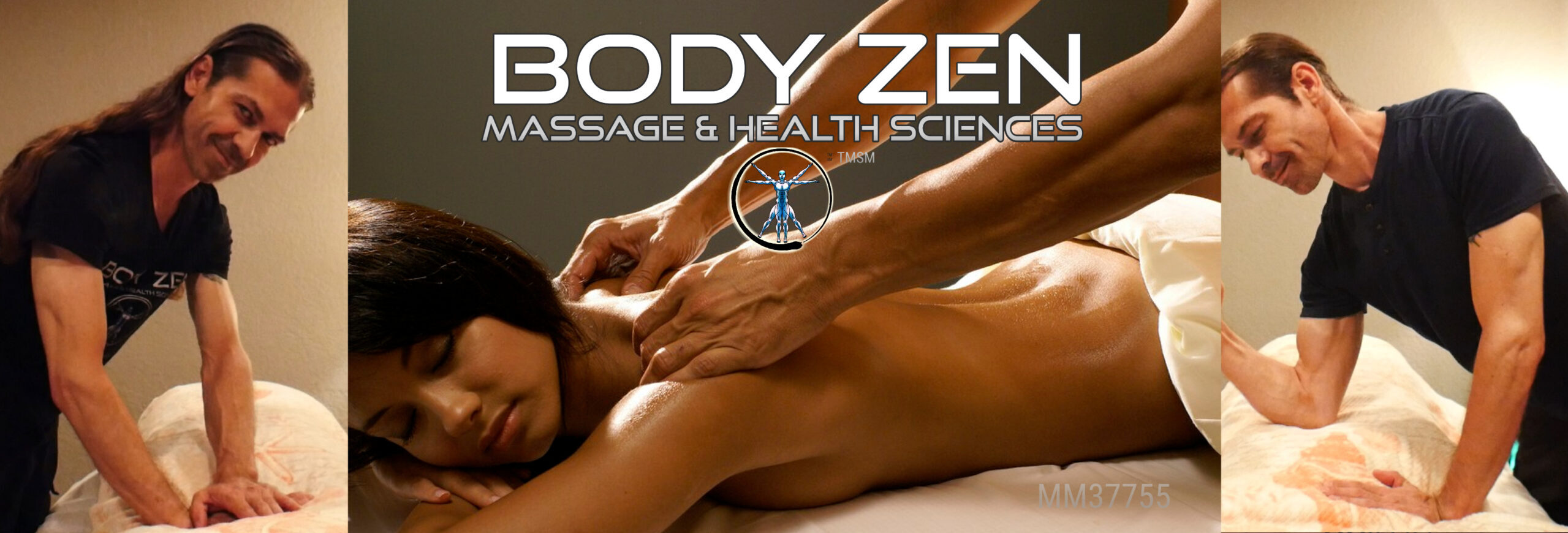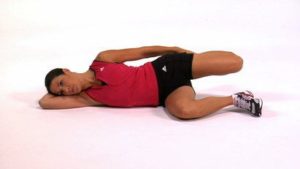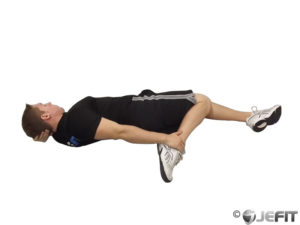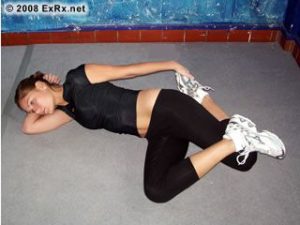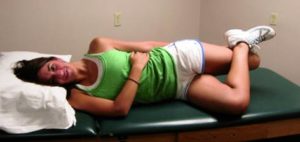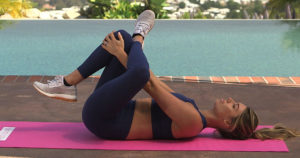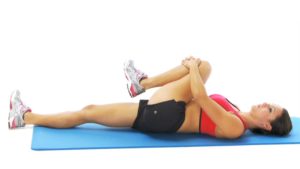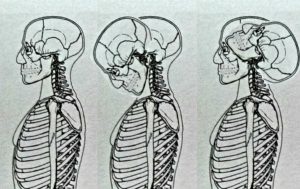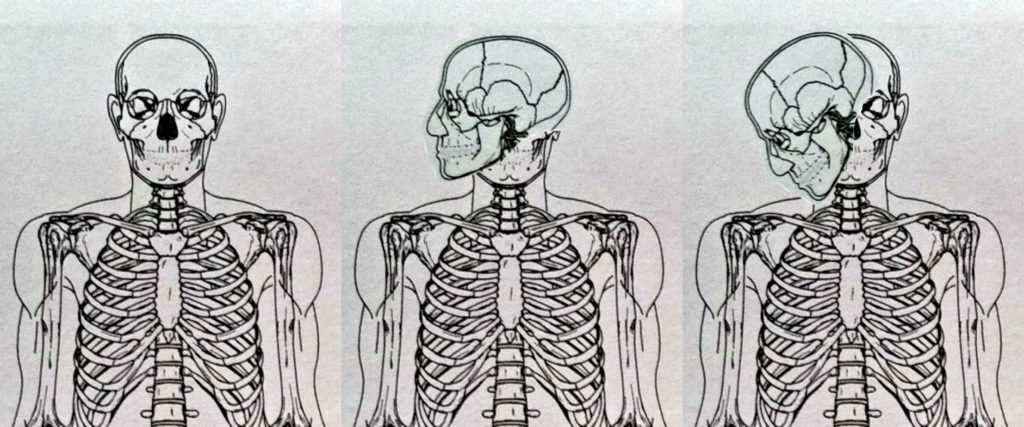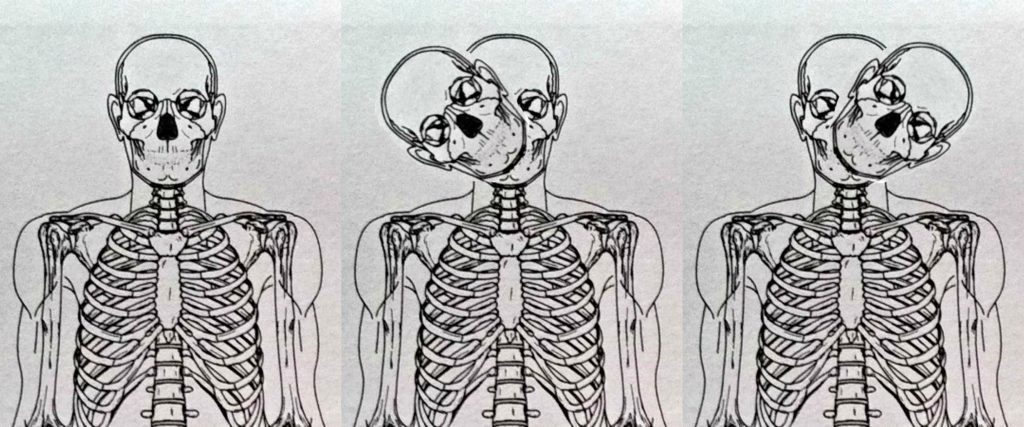I will be teaching a womens self defense course in the near future, though before the course is officially being taught – I want you to have this fundamental overview so that you have the important knowledge that can save your life or anothers if necessary, and, so you have the fundamental concepts needed to learn the physical techniques most effectively.
This is a very quick overview of the basic fundamentals. Yes, even 30 minutes of lecture is fast for covering what you need to know to stay safe and alive when you need to protect yourself. And in the near future I’ll be making another video with some movement exercises that will tie the lecture material together in application.
Like I say in the video, being comfortable with this knowledge is imperative to being able to use the movements efficiently. So I recommend getting very familiar with these concepts so everything else you learn will be effective when you need it. Thanks for watching and of course please let me know any questions or comments!
